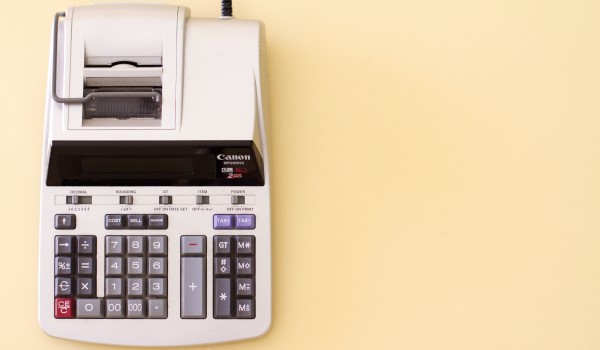Whether you’re new to the first-time buyer’s club and about to choose your first mortgage, a seasoned home mover, a buy-to-let investor or simply looking for a remortgage, there’s lots of things to think about when understanding mortgages. You’ll have to consider the interest rate and the length of your mortgage term as two of the most important things.
Here at Beehive Money, we aim to make these important life decisions easier with our expert guides and friendly team who are always on hand to help. If you’re wondering ‘how do mortgage interest rates work?’ or how to understand mortgage rates, we’re here with answers to some frequently asked questions that should help you choose your next mortgage easily.
What is my mortgage interest rate?
Mortgage interest rates determine how much you'll be charged to borrow the money you need for a property and what your monthly repayments will be over the term (length of the deal). Your interest is essentially the price that you pay to borrow a sum of money or what it costs you as a percentage of the amount you've borrowed, which will need to be paid back as well as the amount your provider leant you.
Mortgage lenders will all charge different rates for different circumstances with different products. The higher the interest rate and the longer the term, the more expensive your borrowing will be. Any amount of interest to pay on a loan means that you will pay back more than the amount you have borrowed.
How is interest calculated on a mortgage?
There are a few things that contribute to how mortgage rates are set which include:
- The cost to the lender of funding its mortgages. If they have easier access to funds for their mortgages or it’s cheaper for them to raise funds, the rates may be lower.
- The Bank of England Base Rate which some mortgage rates can be linked to (for example it could be the Bank of England Base rate plus 2%). Your rate would then move up and down in line with this rate.
- The competition in the market for mortgage products, for example if lenders want more business, they might lower their rates to make their mortgages more attractive than their competitors.
How much of my mortgage payment is interest?
Your mortgage payment (on a repayment mortgage) will be separate to your interest payments as they are usually deducted once you’ve paid your minimum monthly payment. Your minimum payment is the minimum amount to maintain your mortgage agreement which could go up or down if you’re on a variable rate or it’ll be a fixed amount if you’re on a fixed mortgage deal.
How much interest you pay will depend on your product, amount borrowed, the rate and the amount you pay each month.
A very simple example of how mortgage and interest payments work is below for a hypothetical £200,000 mortgage. We have chosen a round number as the interest instead of a specific percentage rate.
If you have a £200,000 mortgage and your minimum monthly payment is £500 this will then give you a balance of £199,500. The lender then applies your interest charge based on the rate that you have agreed with your product.
If your interest charge was £200 your mortgage balance would now be £199,700 meaning that you have actually paid off £300 of the mortgage balance. It then works like this every month.
How are mortgage rates determined?
Here are two things that’ll matter when lenders choose which rates to offer you.
- Your deposit
The bigger your deposit the more products you’ll be able to choose from. This then means your chance of getting a lower interest rate is better. The risk is lower to the lender if you have more deposit. If you have more deposit then your Loan to Value ratio (LTV) is lower, and you’ll have more equity (the part you own) in the property. - Your credit history
This is the record of how you’ve previously behaved as a borrower and could influence your chances of getting a mortgage. If you have anything that flags up to lenders as negative on your credit report then you might not be able to borrow from them or they may charge you a higher rate. Check out our guide on how to improve your credit position for top tips on how to make sure your score is looking its best.
How do I get the right mortgage interest rate?
The right mortgage interest rate and product for you will be very different from person to person and you’ll have to measure up to each lender’s criteria. If your goal is to get the lowest mortgage interest rate you can, working on your credit score and building up a big deposit should be your aim. Plus, you’ll need to shop around the market to make sure you're getting the pick of all the deals. Remember, there are lots of lenders out there and even more mortgage products so it may be tricky to find the right one all by yourself.
There we go – mortgage interest rates explained. Check out our types of mortgage explained guide to read about the differences between repayment and interest only mortgages, as well as the features of SVR, discount, tracker and fixed rate mortgages.








